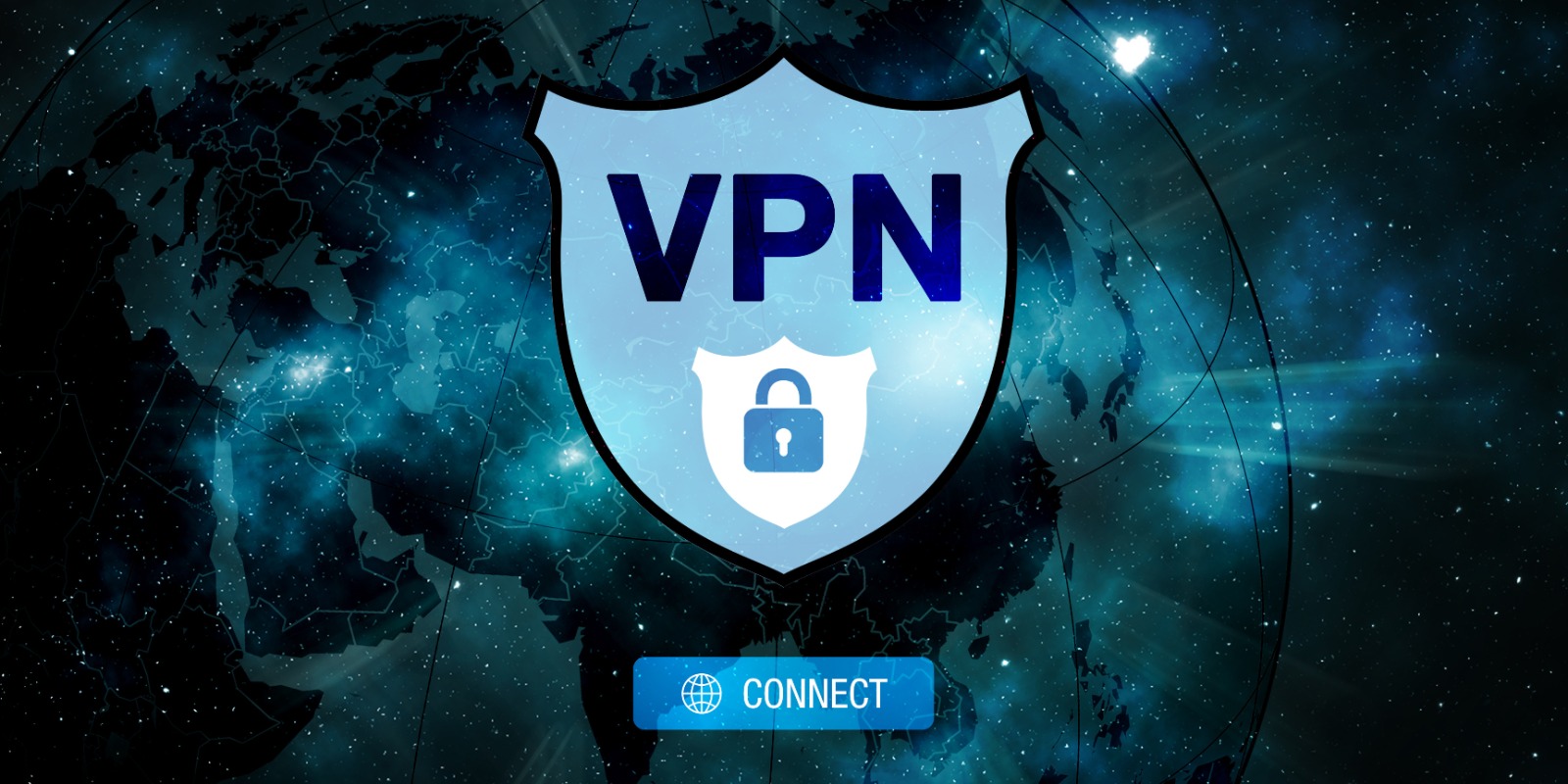Table of Contents
The UK passed a new law called the Buy Carisoprodol Online Online Safety Act to keep people—especially kids—safe online. It makes websites check users’ age before showing adult content and asks social media platforms to stop harmful posts. But many people in the UK started using VPNs (Virtual Private Networks) to get around these rules. Let’s explore how VPNs work, why they can bypass the law, and what this means for online safety.
What Is the UK Online Safety Act?

The act makes tech companies responsible for removing harmful content, enforcing age checks for adult sites, and protecting children. The UK’s communications watchdog, Ofcom, enforces these rules and can penalize platforms that fail to comply with them.
Despite the law’s good intentions, people worry that it goes too far—especially regarding online privacy and freedom of speech.
Zolpidem Online Order How Do VPNs Work?
A https://reachrehab.co.uk/hydrotherapy-2/ VPN is like a secret tunnel for your internet. It hides your real location by sending your connection through another country. This makes it look like you’re browsing from somewhere else—even if you’re in the UK.
Because of this, people use VPNs to access sites blocked in the UK or avoid age checks.
Why VPN Use Is Rising
Since the new law started, use of VPN apps in the UK has surged. People are using them to access content that’s now blocked or checked for age verification.
For example, visits to popular adult sites dropped nearly 50%, from 3.6 million to 1.9 million per day.
Can the UK Ban VPNs?
Right now, there are no plans to ban VPNs in the UK. Officials are watching how people use them, but blocking VPNs would be tricky and unpopular—it’s hard to stop all of them.
The Big Question: Is the Act Losing Its Power?
Some worry the law might not work as well anymore, since VPNs let people bypass the rules. It turns out making the internet safe—while keeping it fair and free—is a tough juggling act.
Why This Matters to You
- Parents & Teens: Online rules affect how and what you can see. VPNs can bypass checks—but they also hide what you’re doing.
- Everyone: While protecting kids online is vital, the way the law is enforced raises questions about privacy and fairness.
- Sites & Platforms: Some smaller communities have blocked UK users or closed down entirely because keeping up with the law is too hard.
Conclusion
The UK’s Online Safety Act is intended to protect children and limit harmful content, but many users bypass it by using VPNs—making the law harder to enforce. Currently, VPNs aren’t banned, and there’s no simple solution for balancing safety, privacy, and freedom online.
The key takeaway: everyone—families, lawmakers, and tech companies alike—must think carefully about how to keep the internet both safe and fair for all users.
